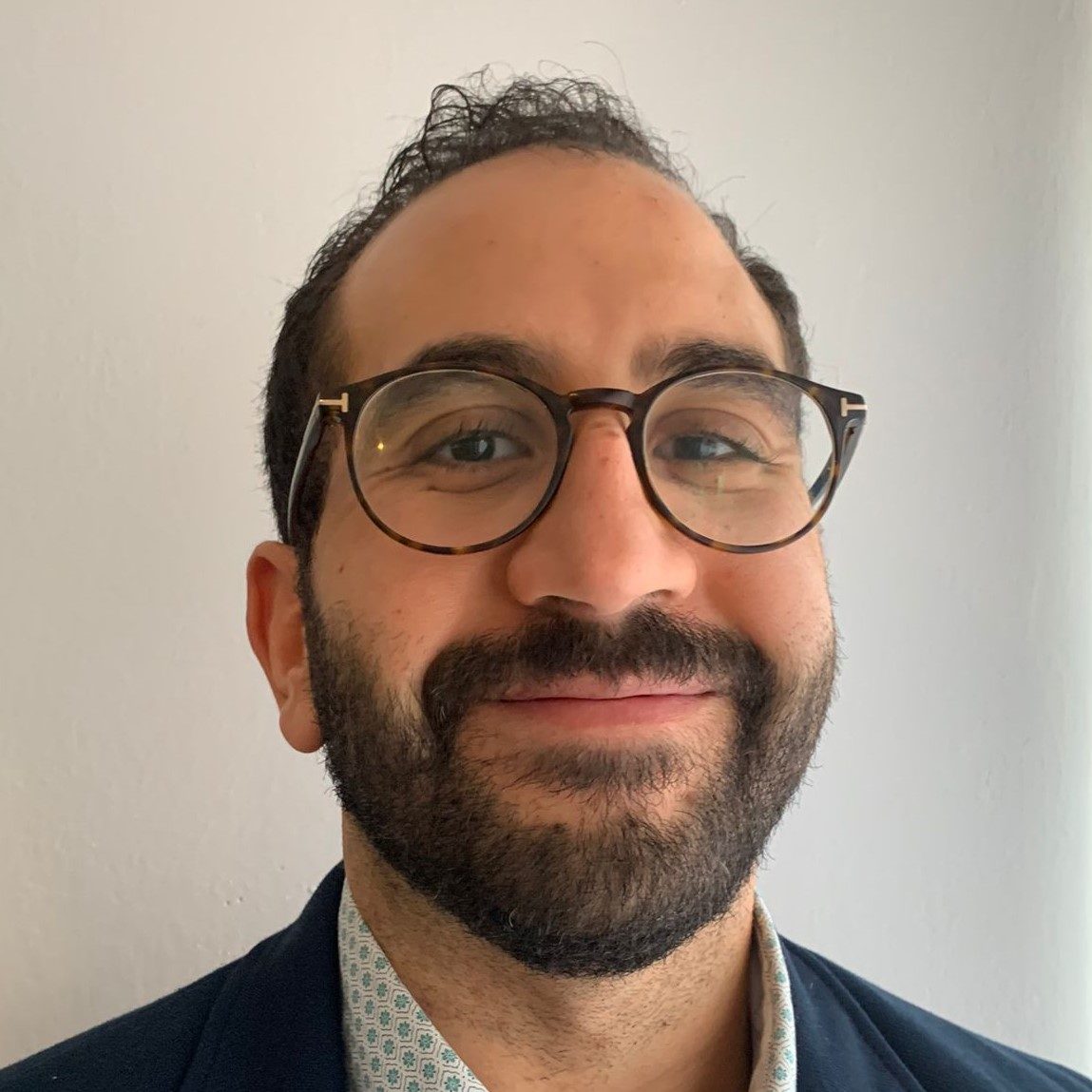
Mourad is a Consultant Psychiatrist and Lead Clinician for the Care Pathway Enhancement (CaPE) Clinic, a specialist mood disorder research clinic within the Cumbria, Northumberland, Tyne and Wear NHS Foundation Trust. Clinically, he works in the space between primary and secondary care, supporting people with mood disorders across a wide range of complexity. Academically, his focus is on novel and emerging treatments, with a particular interest in psychedelic therapy.
He has long been fascinated by the synergy between pharmacology and psychotherapy—something he believes psychedelic therapy captures beautifully—which brought him to the UK in 2014 to pursue this interest. In recent years, he has overseen the delivery of psilocybin trials in Newcastle and now leads the local delivery of psychedelic research, alongside other studies investigating treatments such as neurostimulation. He also holds an honorary clinical lectureship at Newcastle University, where he occasionally teaches and supervises medical students.
Outside of clinical work, Mourad enjoys sharing developments in the field of psychedelic psychiatry with both clinical and public audiences, and has delivered talks and educational sessions on this topic at events across the UK.
Colloquium Presentation: 21 November 2025, 3:30-5pm (Room G17, Mood Disorder Centre, Sir Henry Wellcome Building)
Mood disorder research clinics in the UK: A game changer for novel therapies?
Abstract
Specialist mood disorder research clinics are popping up across the country and are revolutionising how patients access novel treatments. Forming the Mental Health Translational Research Collaboration Mood Disorder Network, these clinics link experts and mood disorder enthusiasts across the country and deliver high-quality research trials, bringing promising new therapies to those within the care system.
The Care Pathway Enhancement Clinic in Newcastle was one of the first such clinics to develop and has been running for the past three years. This talk will explore its structure, its role within the national network, and how it contributes to delivering innovative treatments to patients who need them most.